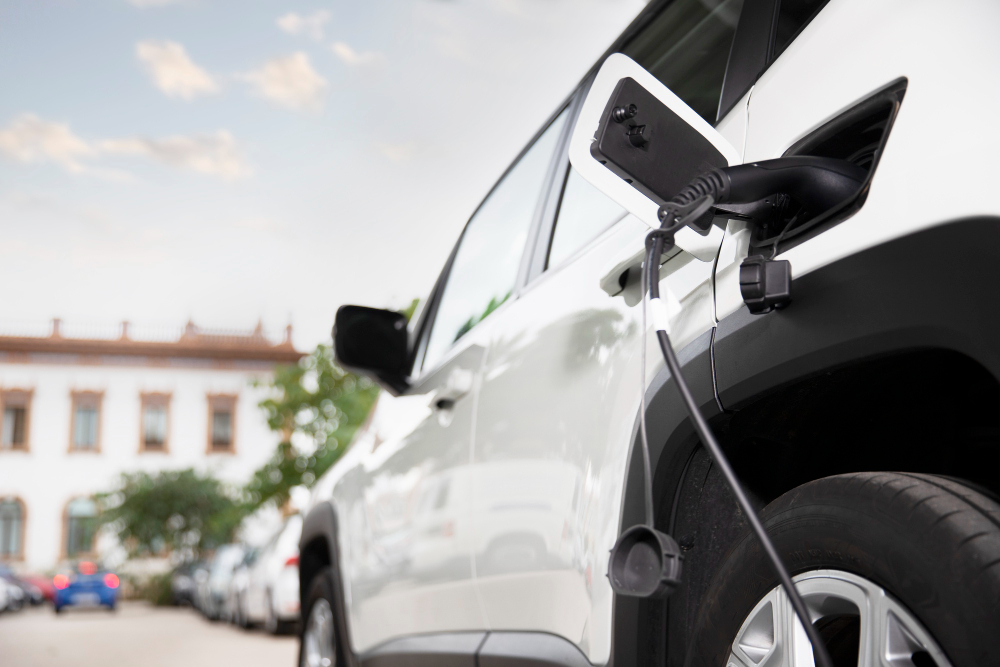Electric vehicles (EVs) have gained widespread attention and adoption in recent years, but misconceptions and myths about electric cars persist. Let’s debunk some common myths and misconceptions surrounding electric vehicles to provide clarity and understanding:
- Myth: Electric cars have limited range and are only suitable for short trips.
- Fact: While early electric vehicles had limited ranges, modern EVs offer increasingly competitive driving ranges that rival those of traditional gasoline cars. Many electric cars can travel over 200 miles on a single charge, making them suitable for long-distance travel and everyday use.
- Myth: Electric cars are slow and lack performance.
- Fact: Electric vehicles are known for their instant torque and smooth acceleration, providing quick and responsive performance on the road. Many electric cars can accelerate from 0 to 60 mph in under 5 seconds, offering comparable or even superior performance to gasoline-powered vehicles.
- Myth: Electric cars are expensive to own and maintain.
- Fact: While electric cars may have higher upfront costs than traditional cars, they offer significant long-term savings on fuel and maintenance. Electric vehicles have fewer moving parts than internal combustion engine vehicles, resulting in lower maintenance costs and reduced wear and tear on components such as brakes and exhaust systems.
- Myth: Electric cars are not environmentally friendly because they rely on electricity generated from fossil fuels.
- Fact: While it’s true that electric vehicles rely on electricity for power, they still produce fewer greenhouse gas emissions overall than gasoline-powered cars. As the grid continues to transition to renewable energy sources such as wind and solar power, the environmental benefits of electric cars will only increase.
- Myth: Electric cars take too long to charge, and charging infrastructure is inadequate.
- Fact: While charging times vary depending on the charging equipment and battery capacity, rapid advancements in charging technology have significantly reduced charging times for electric vehicles. Additionally, charging infrastructure continues to expand, with thousands of public charging stations available nationwide and convenient home charging options.
- Myth: Electric cars are not practical for cold climates or extreme weather conditions.
- Fact: Electric vehicles perform well in a wide range of climates and weather conditions, including cold temperatures and snow. While extreme weather may affect battery performance and range to some extent, modern electric cars are equipped with advanced thermal management systems to optimize battery performance and ensure reliable operation in all conditions.
In conclusion, electric vehicles offer a viable and sustainable transportation solution for individuals, businesses, and communities. By debunking myths and misconceptions about electric cars, we can foster greater understanding and appreciation for the benefits of electric mobility and accelerate the transition to a cleaner, greener future.

